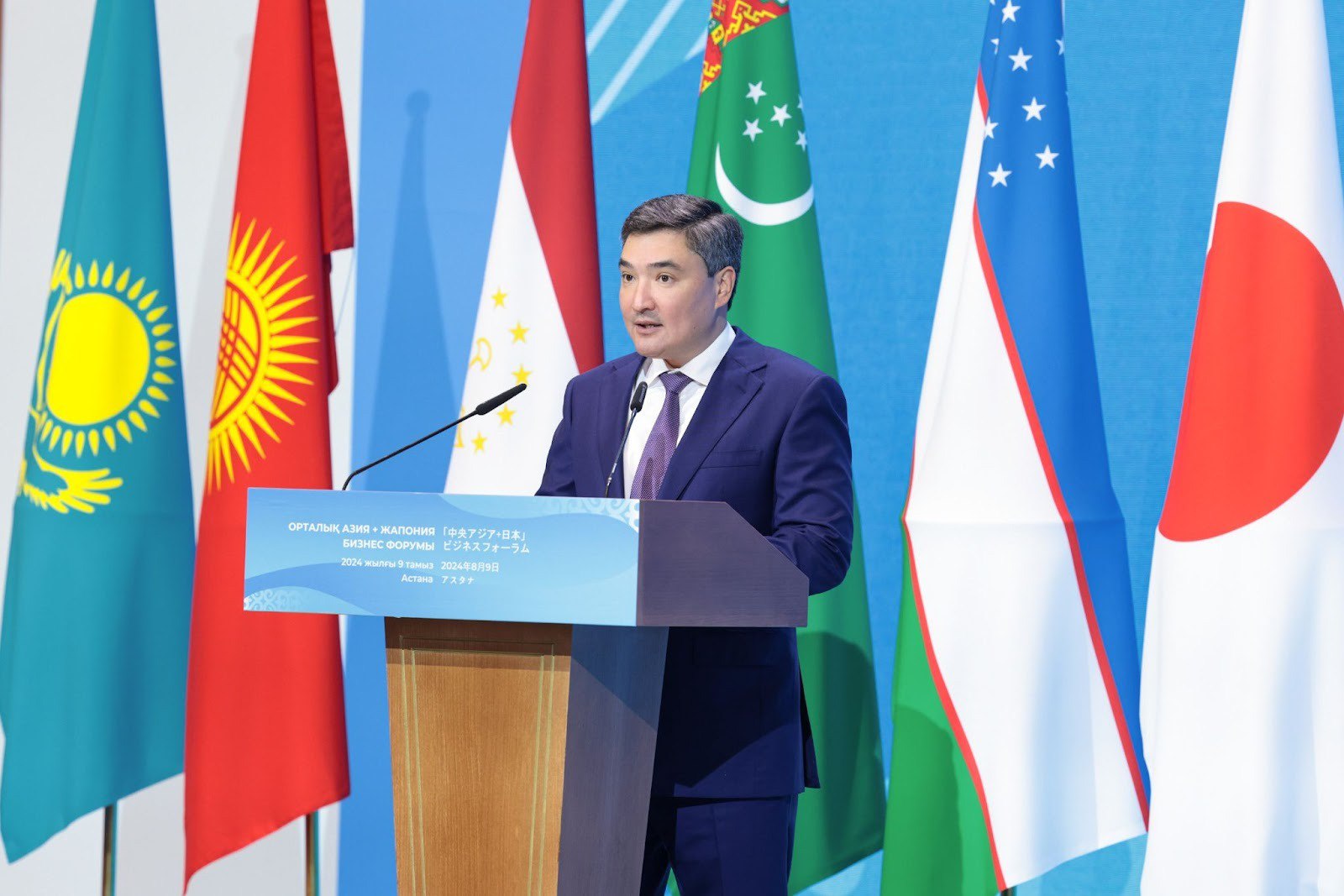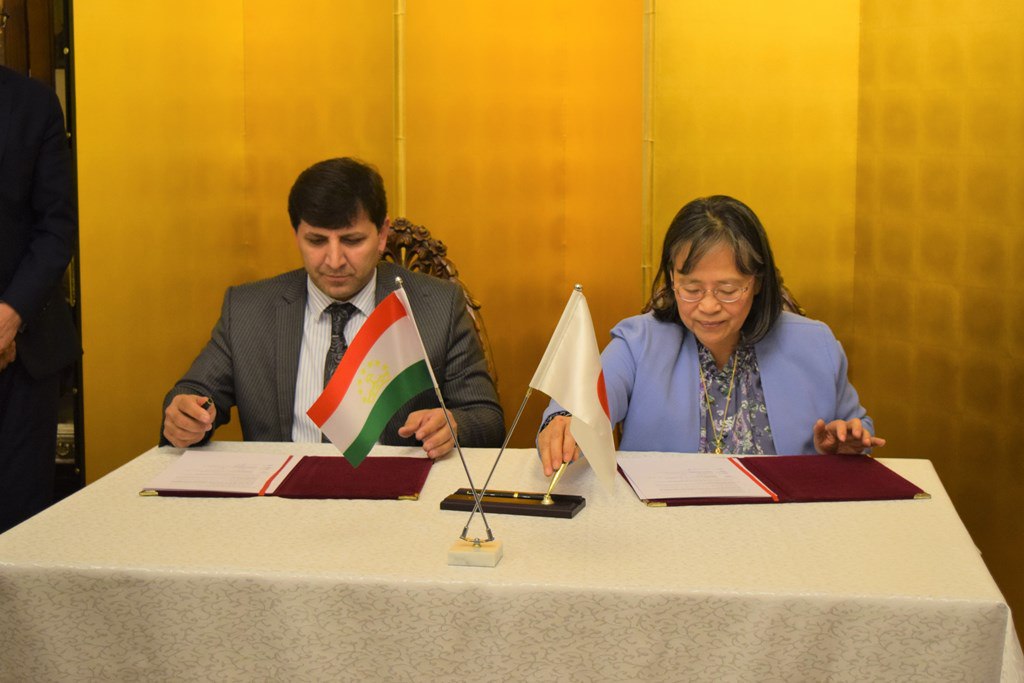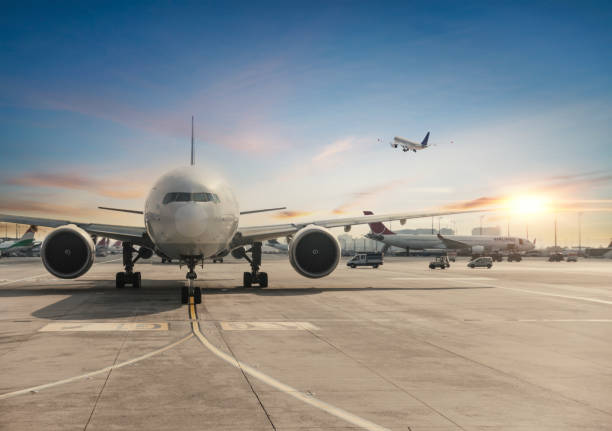Kazakhstan’s capital, Astana, hosted a business forum on August 9 as part of the “Central Asia + Japan” dialogue.
The forum, which brought together more than 450 representatives from Central Asian countries and Japan, focused on strengthening economic ties and expanding cooperation in digitalization, transport and logistics, agriculture, and heavy industry.
At the forum, over 30 bilateral documents were signed between companies and organizations from Kazakhstan, Kyrgyzstan, Tajikistan, Turkmenistan, and Japan on joint projects in infrastructure, science, technology, and other key areas.
Documents signed between Kazakhstan and Japan include, among others, an agreement between the JSC Development Bank of Kazakhstan and Japan Bank for International Cooperation to finance joint projects in sectors such as energy (including alternative energy), infrastructure (including transportation), machine engineering, and the food industry. The Japanese bank is ready to invest $200 million.
The company Kazakh Invest and Japanese company Fitech agreed to cooperate to produce fire-resistant materials in Kazakhstan and export the goods produced to other countries.
JSC KazIOR and FUJIFILM signed a memorandum of understanding to develop modern mobile medical complexes for radiology, mammography, and endoscopy.
LLP Kazakhmys Corporation, LLP Eurasian Machinery, and Hitachi Construction Machinery signed a memorandum of cooperation to develop a new mining project.
Speaking at the business forum, Kazakhstan’s Prime Minister Olzhas Bektenov focused on the interaction of Central Asia and Japan in the transfer of advanced technologies and manufacture of products with high added value, noting the possibility of creating joint innovation clusters, technology parks, and incubators.
Bektenov also urged the expansion of partnerships in developing rare earth metal deposits and implementing joint projects in the transport and logistics industry, emphasizing that Central Asia’s transit potential opens up great opportunities for Japanese exports and imports.









